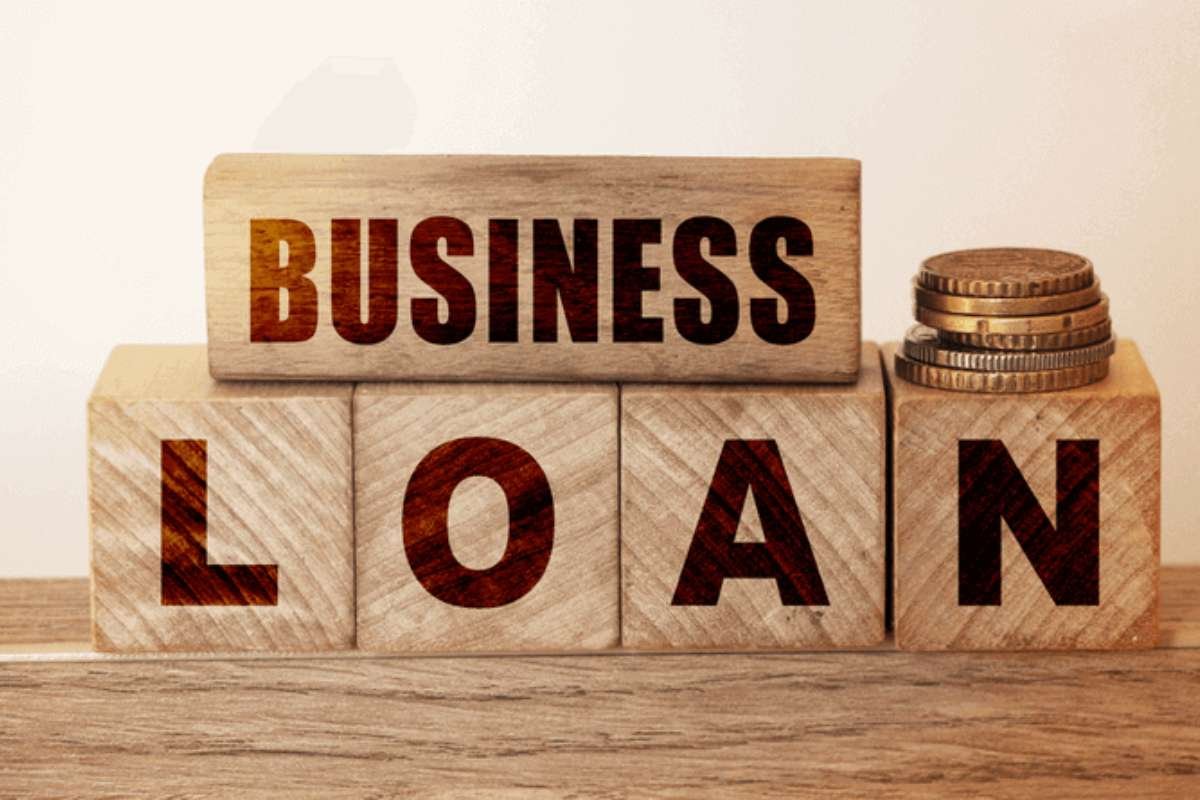Are you suffering from financial insecurity? Could a single shift in your routine send you into a panic? Could a small surprise expense throw a wrench in your plans?
If this is true, then it’s time to make a change. You’ll want to follow these three money habits to achieve financial security and move out of this precarious position.
3 Money Habits that Can Give You Security:
1. Budget, Budget, Budget
Not following a budget can be a big mistake. Without one, how can you know when you’re overspending and living well beyond your means? When you’re spending without any boundaries, it’s hard to know when you’ve crossed a line.
A budget encourages you to set reasonable boundaries for yourself so that you don’t spend more than you should. These boundaries can stop you from stressful mishaps like spending all of your paycheck a week before your next payday or accidentally putting your checking account into overdraft.
How do you start this habit? Start by downloading one of the best budgeting apps out there onto your smartphone and then follow the steps. You should have a practical budget in no time at all. These money habits are needed to be inculcated.
2. Save for Emergencies
Financial security means that you can handle surprise expenses without trouble. You’re confident that you can recover from them quickly and move forward.
So, how can you do this? The best way to accomplish this is by putting together an emergency fund. When you encounter an urgent and unexpected expense, you can make a withdrawal from your emergency fund to help you pay for it. Since these savings will be separate from your budget, you won’t have to worry about how the urgent expense will impact your routine. You’ll still be able to pay your monthly bills as normal.
How can you start an emergency fund? Start by taking a close look at your budget to see how much you can afford to set aside every month for emergencies. Once you’ve determined the right amount, automate those savings so that you never forget to make a contribution. This will help your fund grow quickly.
What if you don’t have enough savings? In the early months of setting up your fund, you might not have much in it to help you pay for an emergency expense. If you encounter an urgent and unexpected expense and you don’t have enough savings to cover it, you could try to apply for a line of credit loan as an alternative. As long as you get approved for this loan, and your account is in good standing, you could request a withdrawal from your line of credit to manage the emergency in a short amount of time.
When searching for a line of credit online, you should make sure that it’s available in your state. So, you’d want to look for a line of credit loan in Hawaii if you live in Honolulu. You don’t want to fill out an application and then find out that it’s not even accessible in Hawaii. These money habits are important.
3. Keep Your Credit Card’s Balance Low
Your credit card is another credit tool that can help you deal with emergency expenses—only when there is enough room on it. Putting another charge onto the card could give you a steep balance that you’ll struggle to pay down. And in the worst-case scenario, you could push your balance to the limits and max out your credit card.
So, you should get in the habit of keeping your credit card balances as low as you can. This will give you plenty of available credit to use at a moment’s notice. Having backup plans for your backup plans can guarantee you some financial security.
Follow these tips to add more security to your personal finances. These money habits are highly recommended. Now you’ll be ready for any surprises that come your way!





